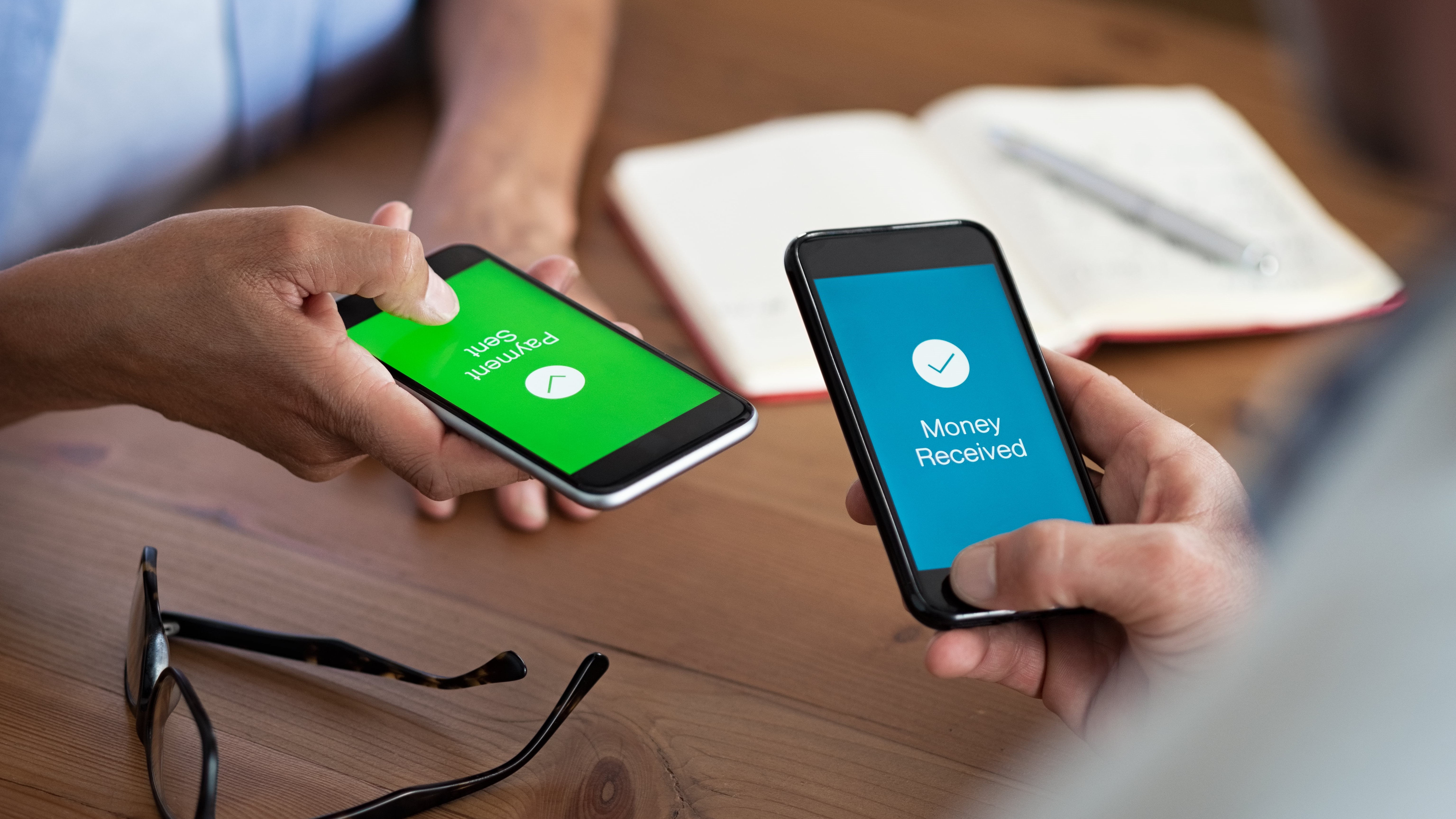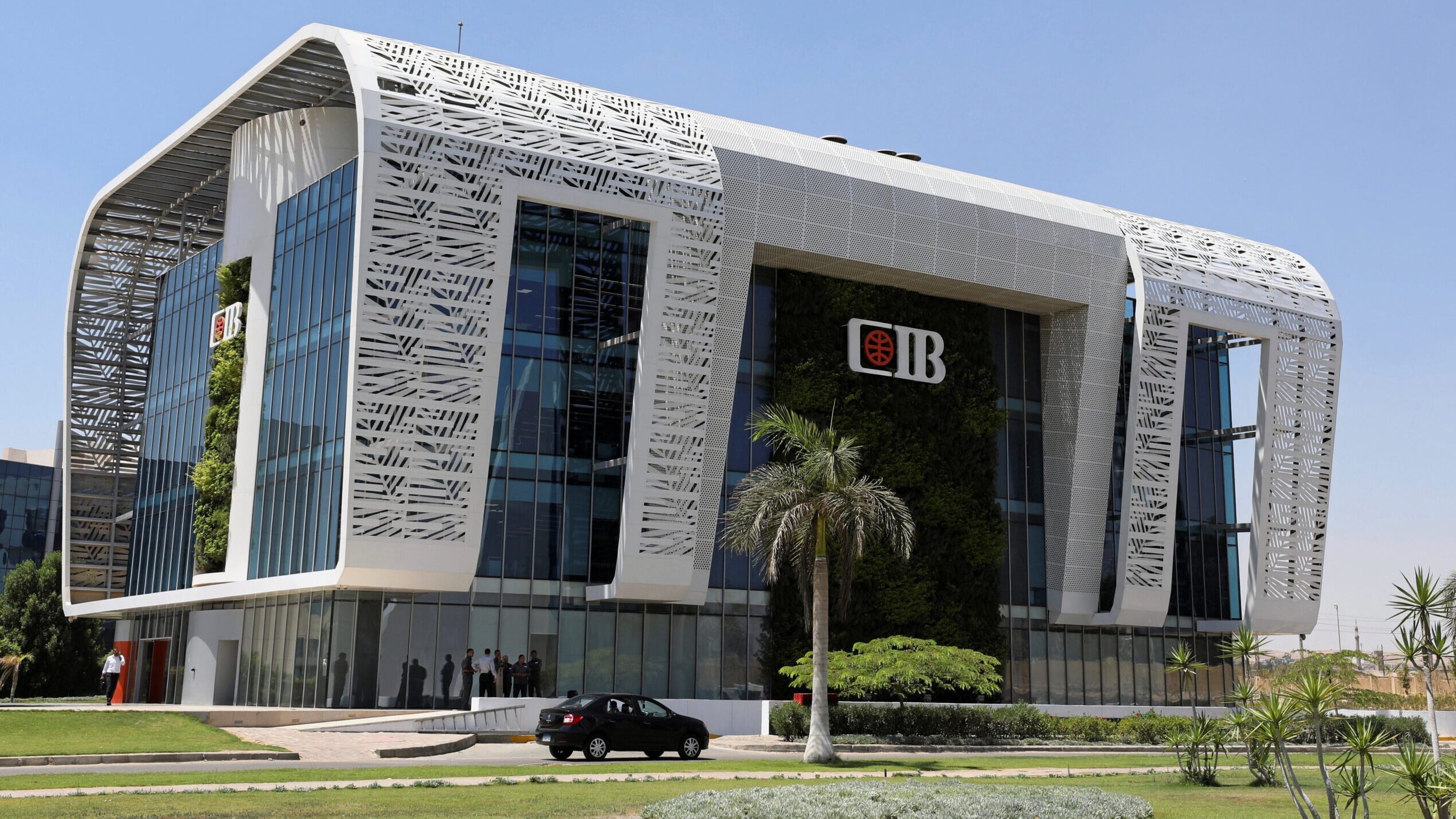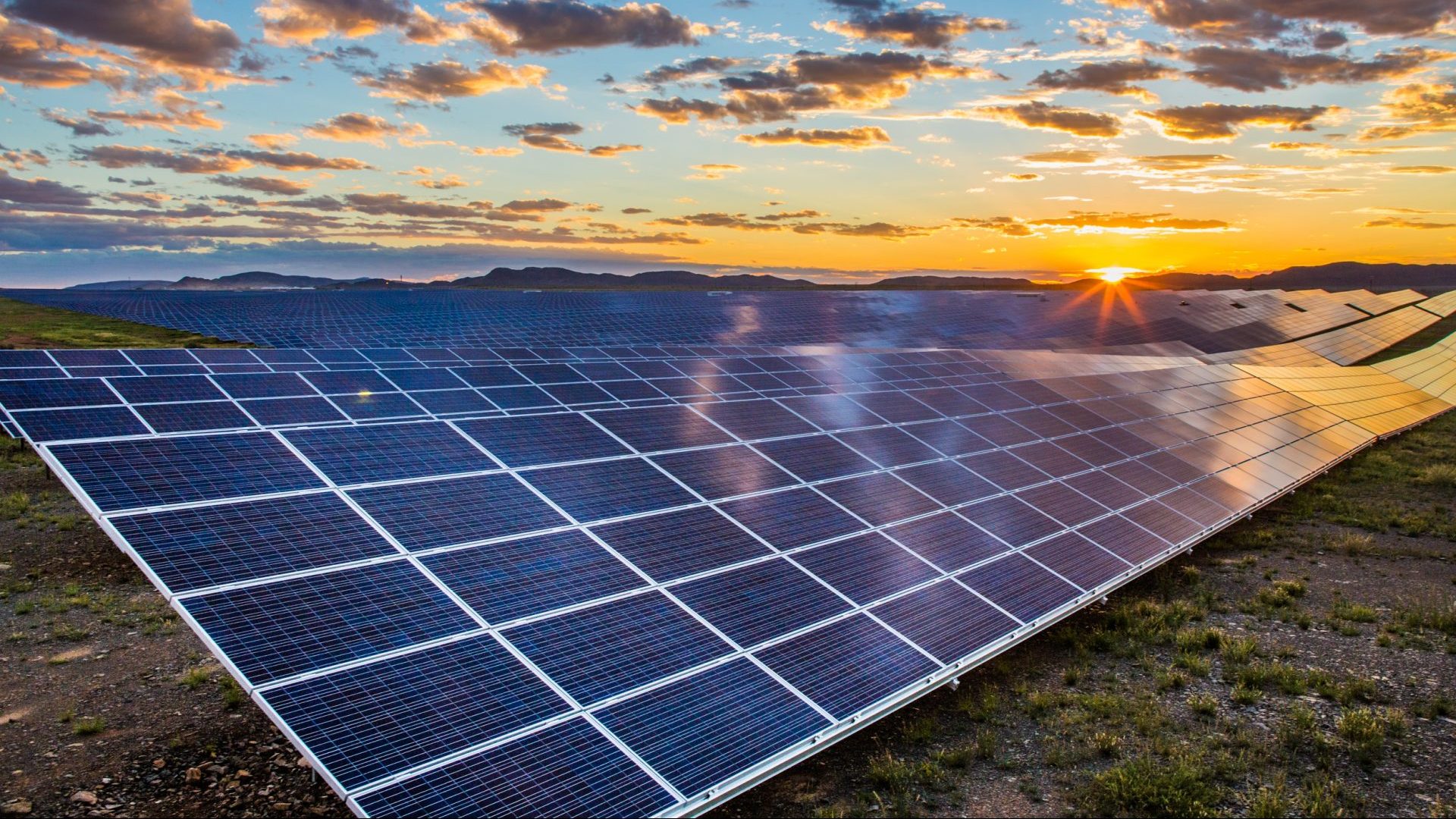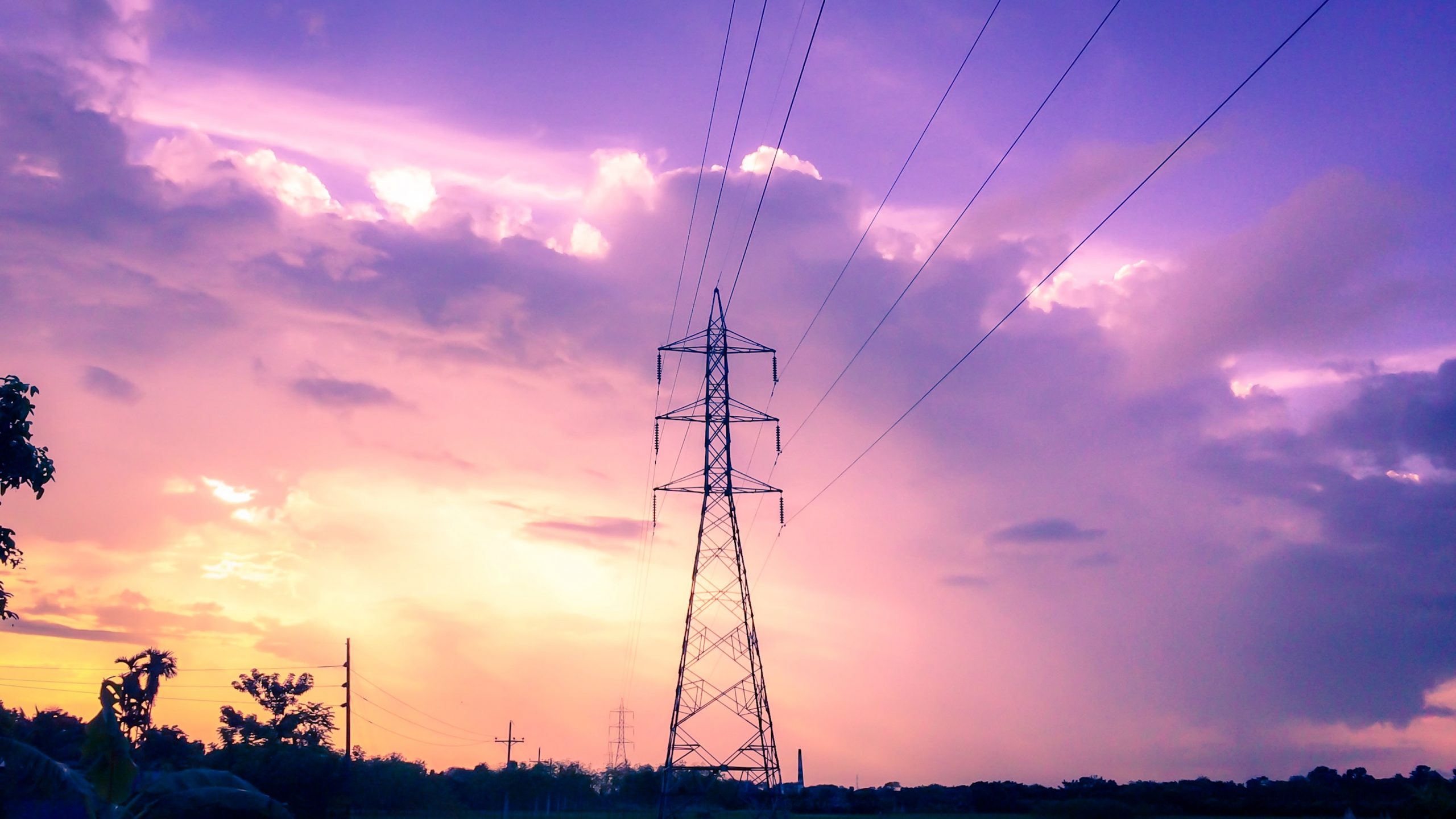The new Sudanese prime minister has given a warning that the country needs up to USD 8 billion (Dh29bn) in foreign aid to help stimulate and recover its ravaged economy. Abdalla Hamdok said on Saturday that an additional USD 2 billion of foreign reserves deposits were needed in the next three months to halt a fall in the currency. The new prime minister, sworn in to lead a transitional ruling body following the removal of Omar Al Bashir, told Reuters that foreign reserves in the central bank of Sudan are “weak and very low”.
Mr Hamdok, an economist previously on the UN Economic Commission for Africa panel, said he has prompted talks with the World Bank and the IMF to discuss restructuring the debts of Sudan. The breakaway of South Sudan in 2011 meant Sudan lost much of its oil production, while its currency has spiralled in devaluation. One dollar currently fetches 45 Sudanese pounds, though black market exchange rates rise up to 65 Sudanese pounds against the dollar.
“We will work to unify the exchange rate, and to manage the exchange rate using a flexible managed exchange rate,” Mr Hamdok said. He also said that he has held discussions with the United States, hoping to remove Sudan from a list of state sponsors of terrorism.
The White House designated the status on Sudan in 1993, damaging Khartoum with financial isolation for over two decades. The US administration, IMF or World Bank have yet to comment.
Meanwhile, the trial of Sudan’s former president Omar Al Bashir on corruption charges was suspended for one week on Saturday after the testimony of several witnesses. Al Bashir, who appeared in court in a cage, was ousted by the military in April after months of mass protests against his three-decade rule. His trial, which began last week, is separate from charges against him regarding the killing of protesters during the rallies against his rule earlier this year.
Sudan’s new joint military-civilian council – formed last week – has given no indication that it will change the decision to keep Al Bashir in Khartoum, the Sudanese capital, where he has remained in custody.
His trial is taking place at the city’s Judicial and Legal Science Institute. He appeared in court wearing a traditional white robe and turban and arrived in a white Land Cruiser amid tight security. The three witnesses who testified against Al Bashir in relation to his corruption charges were a prosecutor, an army major and a bank employee.
Al Bashir’s defence team called for the former leader to be released on bail. Judge Al Sadik Al Amin Al Feki said the court would review the request. Ali Adam Mohammed, a defence attorney, said they would be “satisfied” with any verdict “whether in favour of the indictment or the defense” of Al Bashir.
Dozens of Al Bashir supporters demonstrated near the courthouse, waving signs that read: “The trial of the president is the trial of the nation.” Inside the courthouse, a group of people were heard shouting: “God is great” in Arabic.
SOURCE: The National

Ethiopia has cleared the way for Safaricom to introduce M-Pesa in the market of 110 million people after deciding to include the ...

Egyptian largest private sector bank by assets Commercial International Bank (CIB) is seeking to acquire more banks to strengthen ...

The European Investment Bank and International Solar Alliance have published a study outlining access solutions to overcome key ...

Kenya has been ranked the top country in the world in reducing population with no access to electricity, pointing to the impact ...